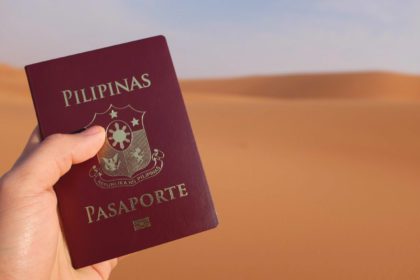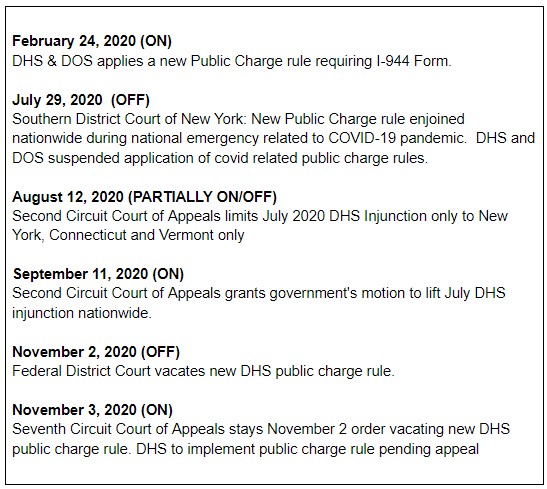The Deferred Action for Childhood Arrivals (DACA) program was established to provide temporary protections to unauthorized young immigrants (DREAMERS) who were 30 years old or younger when the program was first announced in 2012.
The Trump administration was determined to end the DACA program through an executive action in 2017. Several oppositions and court cases challenged the rescission of the DACA program until it reached the highest court of the land. In June 2020, the Supreme Court ruled that the rescission of DACA in 2017 is unlawful. Despite the ruling, the Department of Homeland Security (DHS) failed to implement the full DACA program.
On December 4, 2020, the DHS was ordered by a federal judge to fully restore the original 2012 DACA program. U.S. Citizenship and Immigration Services (USCIS) released guidance in compliance with this court order and began to accept and process DACA first-time applicants.
As a result, effective December 7, 2020, USCIS is:
- Accepting first-time requests for consideration of deferred action under DACA based on the terms of the DACA policy in effect in June 2012 or prior to September 5, 2017, and in accordance with the Court’s December 4, 2020 order;
- Accepting DACA renewal requests based on the terms of the DACA policy in effect prior to September 5, 2017, and in accordance with the Court’s December 4, 2020 order;
- Accepting applications for advance parole documents based on the terms of the DACA policy prior to September 5, 2017, and in accordance with the Court’s December 4, 2020 order;
- Extending one-year grants of deferred action under DACA to two years; and
- Extending one-year employment authorization documents under DACA to two years.
A person can be eligible for DACA if they:
- Were born after June 15, 1981;
- Came to the United States before their 16th birthday;
- Were physically present in the U.S. on June 15, 2012 and when applying for DACA;
- Had no lawful status on June 15, 2012;
- Have continuously resided in the U.S. since June 15, 2007 until the present;
- Meet certain educational requirement or were honorably discharged from the U.S. Armed Forces; and
- Have not been convicted of certain crimes
DACA eligible applicants includes all eligible young unauthorized immigrants who were eligible for DACA but failed to apply before September 2017 rescission by the Trump Administration. It will also accept DACA applicants who applied after June 2020 but whose applications were rejected.
Individuals who are interested in applying for the DACA program may contact Tancinco Law, P.C. by visiting our website or by calling at 1 888 930 0808.





